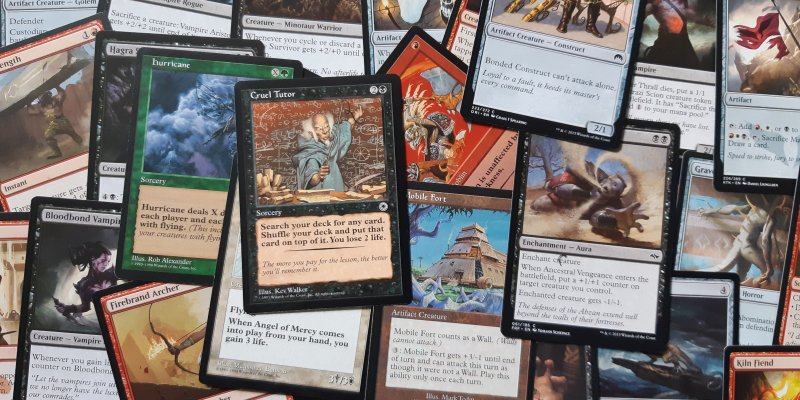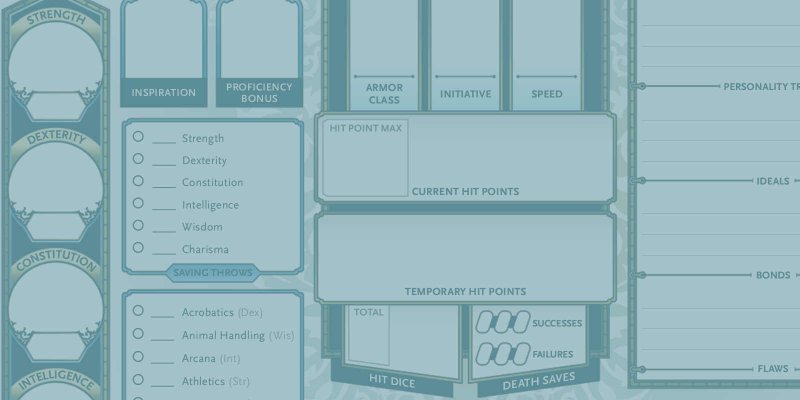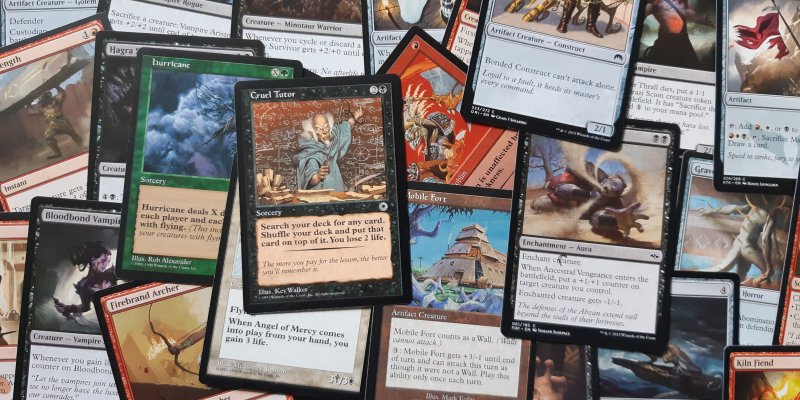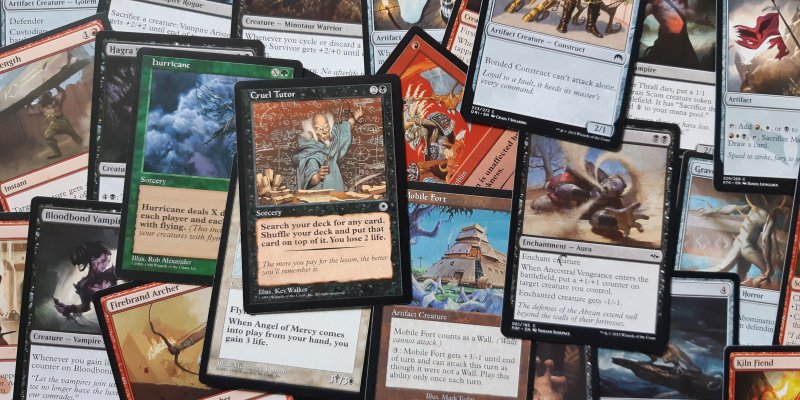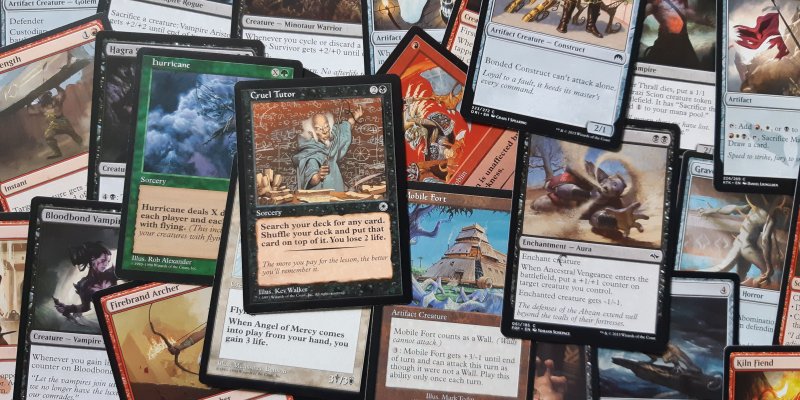Shadowrun's character build process is explained in the 5th Edition Core Rulebook, but there are a lot of possibilities. This post describes a linear build process for a Shadowrun technomancer, and is designed to help new players.
Note that this post is for Shadowrun 5th Edition, even though...
Shadowrun's character build process is explained in the 5th Edition Core Rulebook, but there's a lot to filter out because there are so many possibilities. This post describes a linear build process for a Shadowrun adept, and is designed to help new players.
Note that this post is for Shadow...
The way I've always played D&D was that when your character was dead with no chance of resurrection, you built a new character and came back into the game at level 1. That's just the way me and my gaming groups have done it. Recently, I've started to pick up on the fact that not all gaming groups pl...
My favourite Shadowrun Fifth Edition supplement is the Run Faster source book. Run Faster is easily an essential general purpose book, not only because it expands player options but also because it makes character creation easier and, in many ways, a little more fun.
Note that this post is f...
My favourite Shadowrun Fifth Edition supplement is the Run Faster source book. I love it so much, in fact, that I almost believe it should be the "Player's Handbook" of Shadowrun, relegating the Core Rulebook to the game master. I say almost because the division isn't really that clean, but R...
In a previous post, I demonstrated how to do a quick D&D 5e character build with new players. The advantage to this idea is that you get a new player into the game within a quarter of an hour. They might not understand everything about the process, but a quick build gives them a taste of what's...
If you've ever played the Shadowrun Returns, Shadowrun Dragonfall, or Shadowrun Hong Kong video games, then you may have developed an interest in the Sixth World.
Building an RPG character is complex. While Shadowrun's character build process is explained well in the 5th Edition Core Rulebo...
Building an RPG character is complex. While Shadowrun's character build process is explained well in the 5th Edition Core Rulebook, there's a lot to filter out because there are so many possibilities. This post describes a linear build process for a Shadowrun magic user character, and is designe...
Building a character in Shadowrun is a lot of fun. It's not quite the roller coaster that Traveler or Dead Earth are (for instance, you can't die during character creation in Shadowrun), but it's a detailed system in which you map out your character's life and education prior to running the shad...
Lately I've been playing a lot of D&D online, and the games often only last for the duration of a single module. Groups come together to play through a 20 or 30 page adventure, the game lasts for a few sessions, and then ends. (My current online gaming group, admittedly, was only supposed to game to...
I was reading through a published adventure a few days ago, and noticed something odd about the way it got started. As written, the player characters are meant to wander into the game world individually, and then meet one another as they travel. The module tells the Dungeon Master to prompt each pla...
The back of Magic: The Gathering cards are iconic. Mimicking, more or less, the leatherbound cover of a spellbook, it has five gemstones inset in the center, and the words "Magic The Gathering" at the top. Mysteriously, there's also the word "Deckmaster" at the bottom. It's very much an artefact o...
I've written about one shots before, and one of my tips for a successful quick game of D&D is to bring prebuild characters. However, there are two potential problems with that advice:
Somebody needs to build those characters
A player may want to build their own character just for the...
In a previous post I defined several card roles in Magic the Gathering (MTG). For me, a card role is a way to categorise a card independently of its colour, type, name, and other official identifiers. I believe this makes casual deck building relatively easy, and that's my primary interest. I'...
The base rules of Magic: The Gathering are no more complex than any other card game, such as Poker or Bridge.
Setup
You start the game with 20 life points and a deck of 60 cards, unless you're playing the Commander variant, in which case you start with 40 life and 100 cards.
At the start of...
Can you play Magic: the Gathering by yourself? Is there such a thing as solo magic?
Well, now you can!
Single-player Magic: the Survival format
Single-player Hagic: the Gathering is a survival-mode game. You (the human) are pitted against on onslaught of brute force mechanics by two d...











